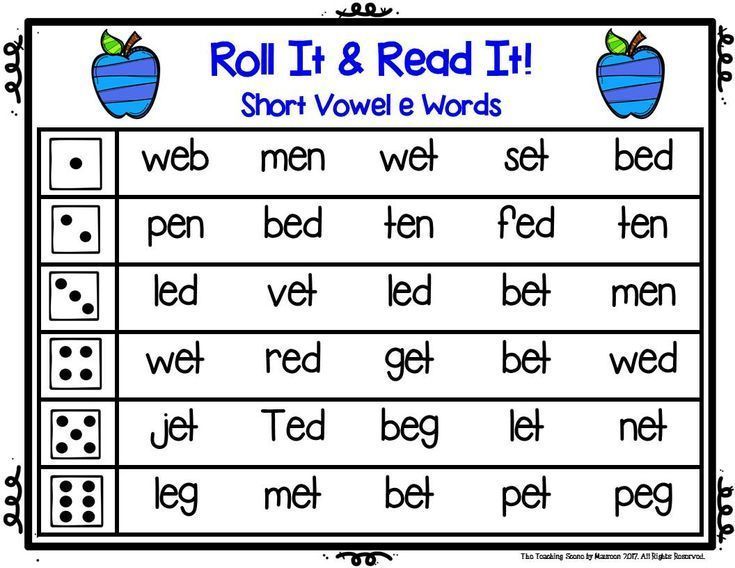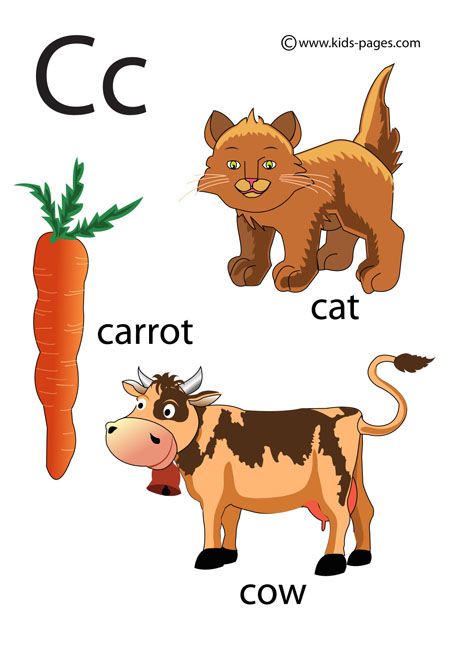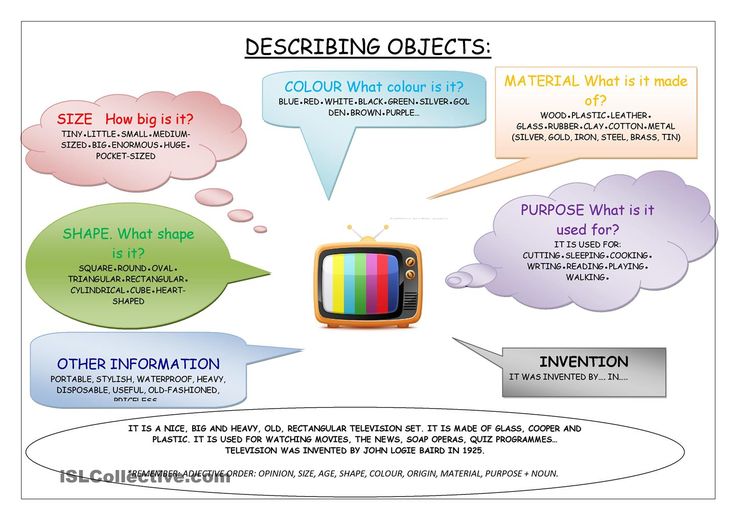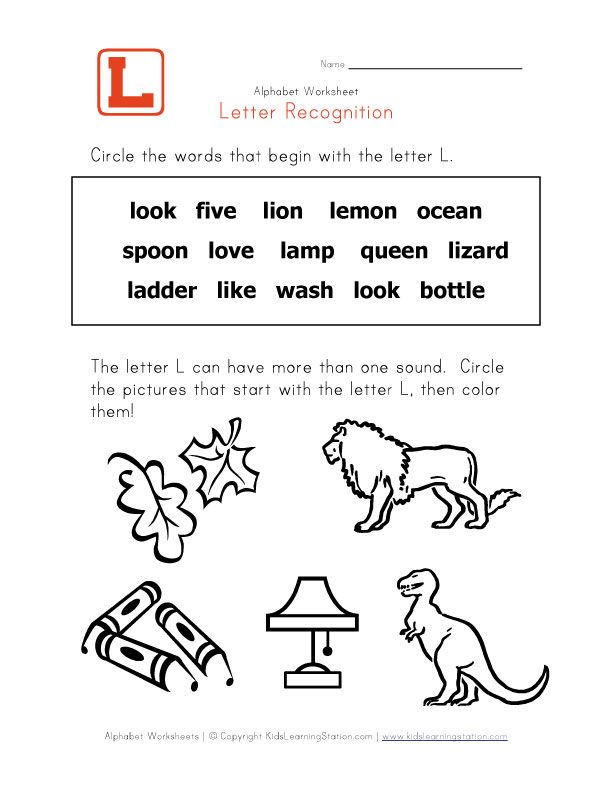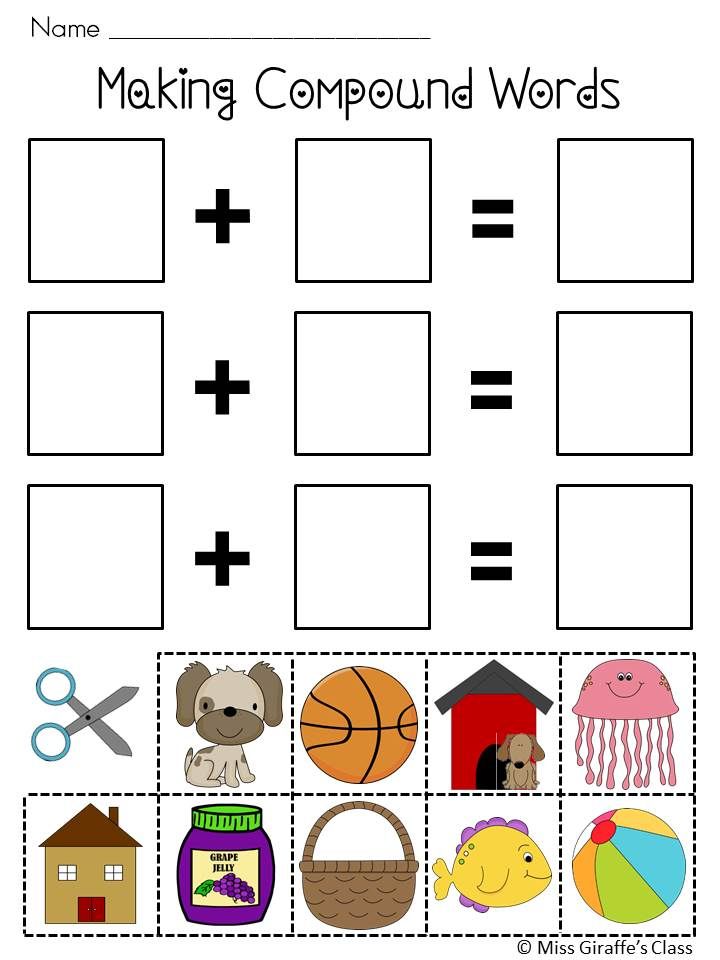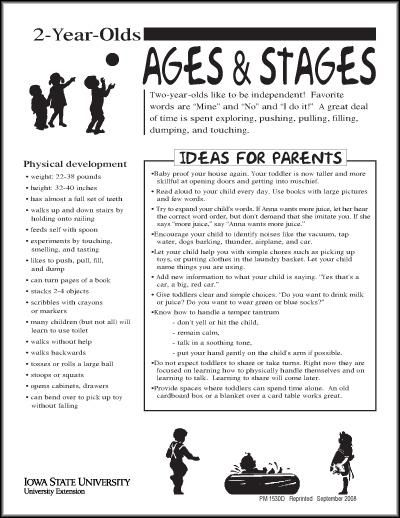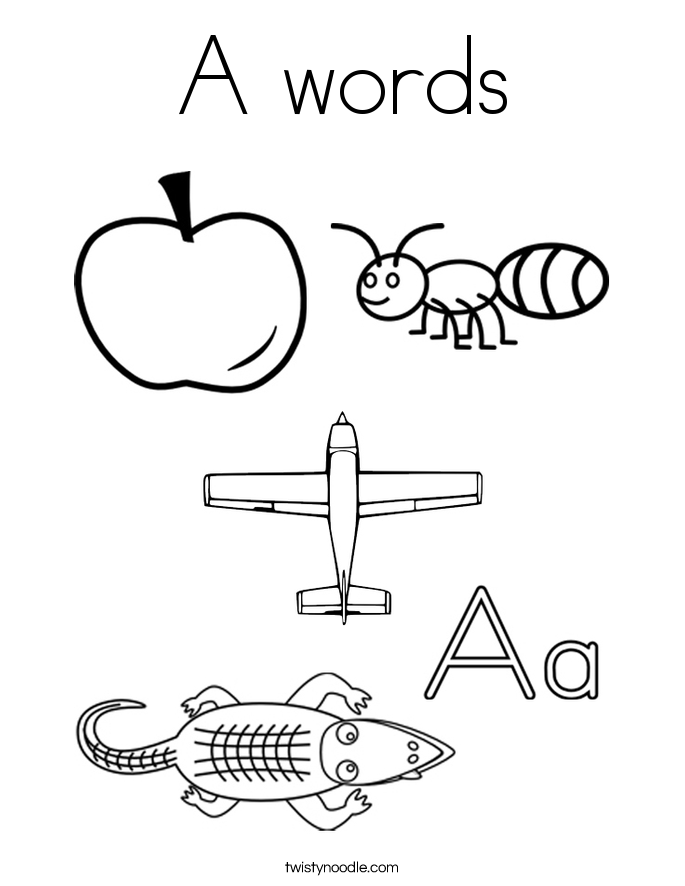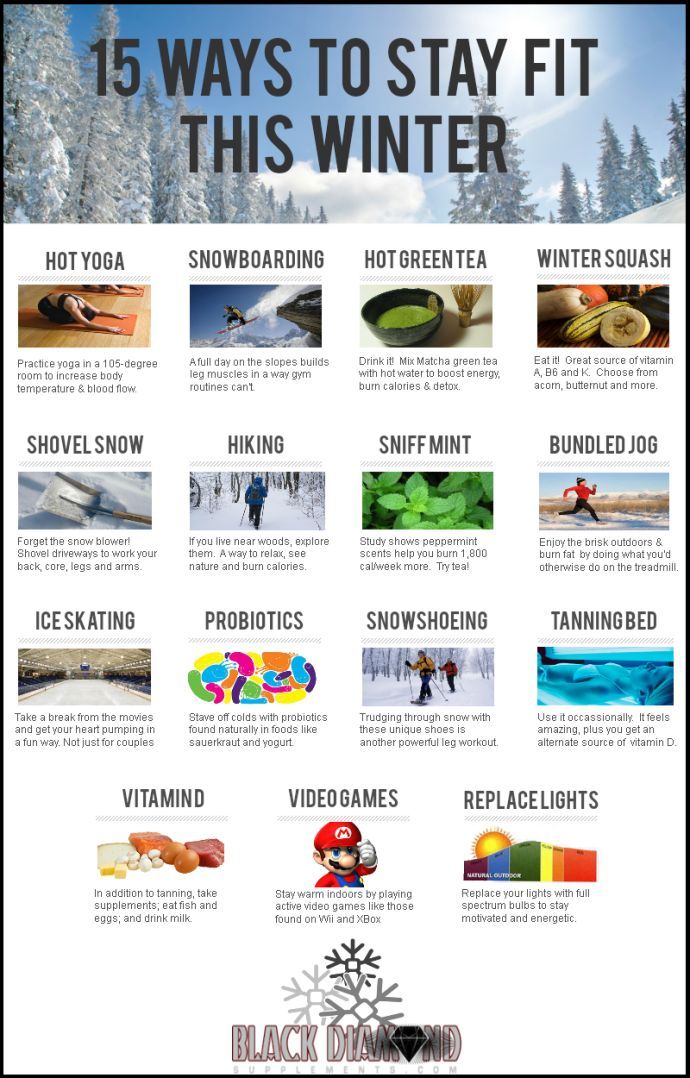Stages of spelling
Spelling: In Depth | Reading Rockets
Learn about the different stages young children go through in developing their spelling skills and how phonetic or "invented" spelling can play an important role in helping children learn how to write.
In this section:
Children advance through identifiable stages in their development as spellers. These stages have been described by several different researchers but all derived from the research of Charles Read and Edmund Henderson in 1971.
Researchers began to understand that learning to spell is not a matter of merely memorizing letter sequences, but of developing and applying linguistic knowledge as well as knowledge of letter-sound relationships and vowel patterns.
Children’s spellings provide a window into their understanding of language, which is informative for understanding their reading as well as their spelling.
High-quality spelling instruction includes building upon a child's word knowledge and enabling them to move from one stage to the next.
Learn the stages of spelling development below.
Precommunicative stage
The child uses letters from the alphabet but shows no knowledge of letter-sound correspondences. The child may also lack knowledge of the entire alphabet, the distinction between upper- and lower-case letters, and the left-to-right direction of English orthography (e.g., the letter M used for the word Jessica).
Semiphonetic stage
The child begins to understand letter-sound correspondence — that sounds are assigned to letters. At this stage, the child often employs rudimentary logic, using single letters, for example, to represent words, sounds, and syllables (e.g., U for you).
Phonetic stage
Children use a letter or group of letters to represent every speech sound that they hear in a word. Although some of their choices do not conform to conventional English spelling, their attempts to spell words are systematic and easily understood (e.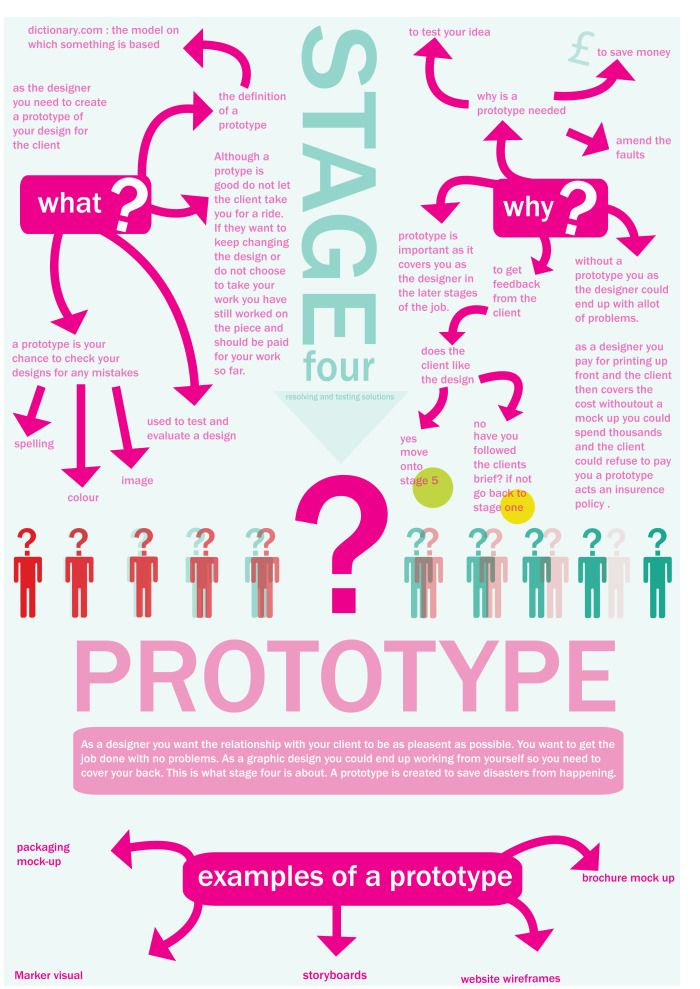 g., the letters tak for take and en for in).
g., the letters tak for take and en for in).
Transitional stage
The speller begins to assimilate the conventional alternative for representing sounds, moving from a dependence only or mainly on phonology (sound) for representing words, to evidencing a greater understanding of common letter patterns in words and the structure of words. Some examples of misspelling typical of this stage are egul for eagle and higheked for hiked.
Correct stage
At this stage, spellers know common letter-sound relationships and generalizations (rules) for spelling, as well as how to use morphemic information in spelling. The student understands how to spell many common prefixes and suffixes, silent consonants, alternative spellings, and irregular spellings. A large number of learned words are accumulated, and the speller recognizes incorrect forms. The child's generalizations about spelling and knowledge of exceptions are usually correct.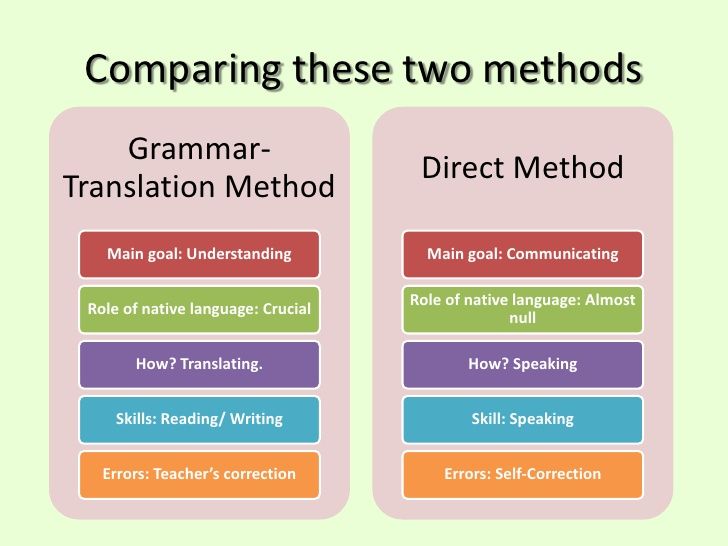
The progression through each stage is gradual. In samples of student writing, you will often see examples from more than one stage. Also, the fact that children progress through identifiable stages in their spelling does not mean that spelling development is spontaneous and will simply unfold “naturally,” without instruction. To the contrary, direct instruction in spelling is vital and shapes children’s progression through each of the stages.
“Invented” spelling
Invented spelling refers to a child’s use of phonetic spelling strategies in attempting to write unknown words. For example, a young child might spell the word cake as kak or the word garage as guraj.
The use of invented spelling has some important advantages for beginning spellers. First, it allows young children to express their thoughts in writing without become excessively focused on spelling every single word correctly. Also, there is evidence that when children are encouraged to use invented spelling properly — for example, to say an unknown word orally and “stretch” it, listening for and transcribing each sound — the use of invented spelling may help promote important reading-related abilities such as phonemic awareness and phonics skills.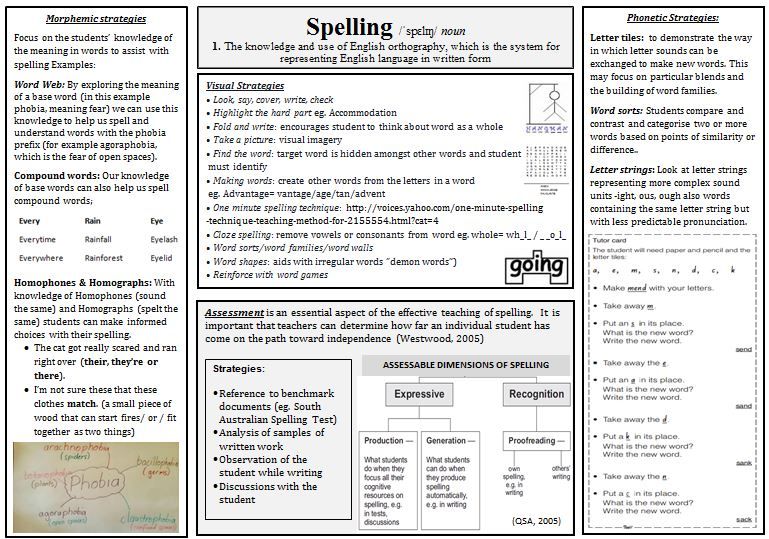
Does "invented" spelling interfere with standard spelling?
If used properly at the beginning stages of spelling development, phonetic or "invented" spelling can play an important role in helping children learn how to write. When children use phonetic spelling, they are applying their growing knowledge of phonemes and letters, and developing their confidence in the alphabetic principle. A child's iz for the conventional is can be celebrated as quite a breakthrough! This kind of error shows us that the child is thinking independently and quite analytically about the sounds of words and the logic of spelling.
However, explicit teaching of conventional spelling from the earliest grades is also very important. Without explicit instruction, most children will not simply infer the correct spelling of all the words they need to learn in order to write well. A thoughtful approach should be used, combining an understanding of invented spelling with formal spelling instruction.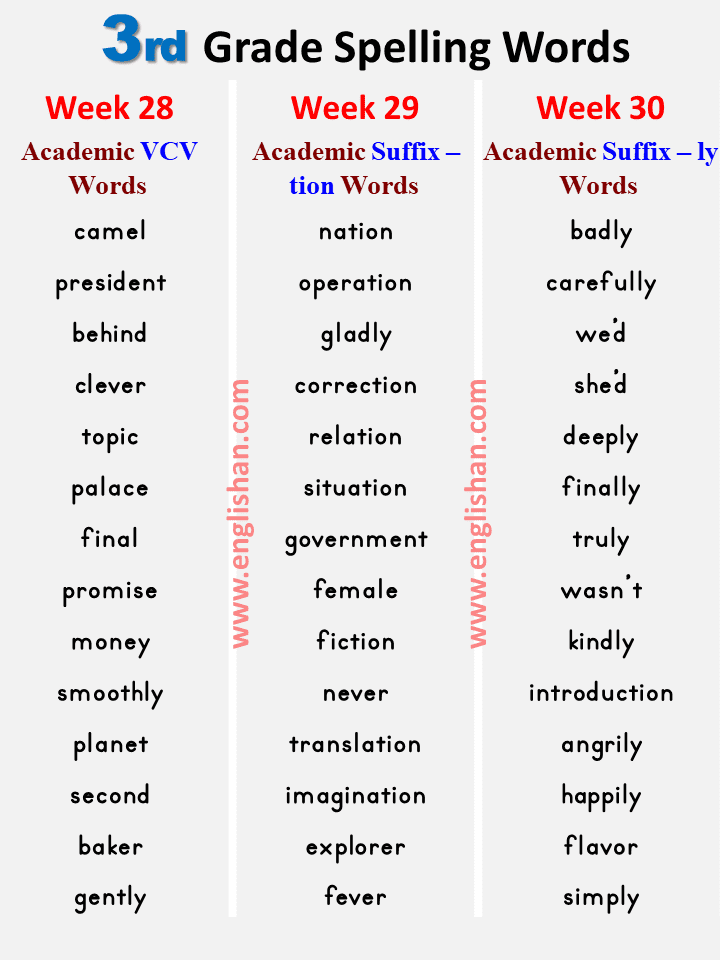
Excerpted from: Lutz, E. (1986). Invented Spelling and Spelling Development. ERIC Digest. Eric Clearinghouse on Reading and Communication Skills.
And adapted from: Burns, Griffin and Snow (1999) Invented Spelling. North Central Regional Educational Laboratory .
Video: Invented Spelling
In a Connecticut suburb, first grade teacher Carol Spinello turns a spelling lesson into something of a game.
Next: Spelling In Practice >
The Stages Of Spelling Development: A Guide For Parents
From scribbled stories to made-up words, a child’s first steps in writing are exciting! But it takes time to become a proficient speller. There are five stages of spelling development your child will progress through as they go from emergent “invented” spelling to accurate “dictionary” spelling.
The Stages Of Spelling Development
Precommunicative Stage
At the precommunicative stage of spelling development, children lack an understanding of letter-sound correspondence.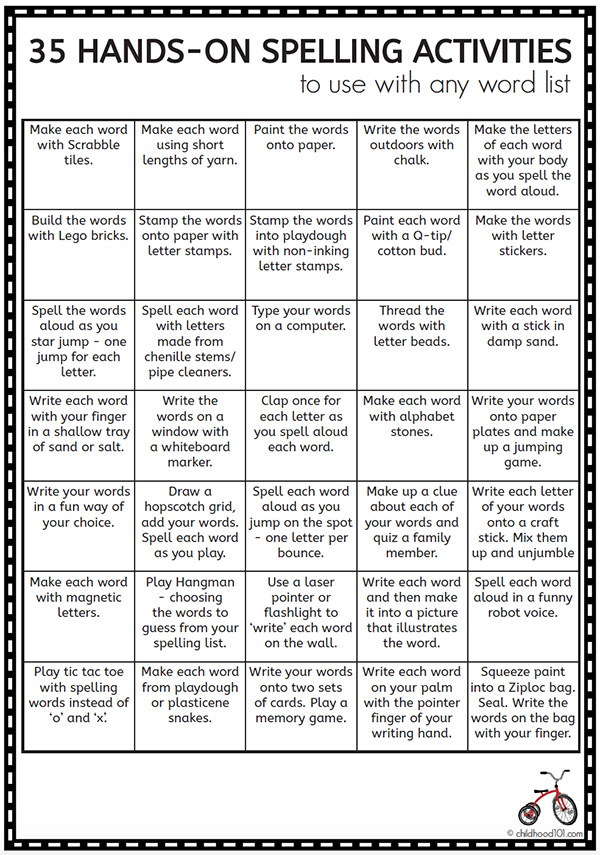
This means that the relationship between written language (the letters of the alphabet and how they combine to make words) and spoken language (vocabulary your child may already know or will eventually learn) isn’t yet clear to your child.
Your child may show a substantial interest in learning how to read and write, though. They’re probably at the height of their scribbling craze! Their stories and drawings may be full of color, but not so many letters.
The good news: this is a positive first step for children! Even if their scribbling may not be legible to us, it demonstrates that they have an understanding of what writing does — expresses and communicates their ideas.
In that way, even if their drawings and scribblings look similar to us adults, kids at this stage clearly understand the difference between the purposes of the two.
This spelling development stage may even feature some letter-learning. However, kids likely aren’t fully comfortable relating written letters to their respective sounds. That’s OK! That will happen in the next stage.
That’s OK! That will happen in the next stage.
Semiphonetic Stage
The semiphonetic stage is true to its name — your child will get their first concrete exposure to phonetic learning during this time.
Initially, they’ll begin with learning how to match written letters to letter sounds. When shown letters of the alphabet, they may be able to pronounce the correct phonetic sound for each letter. For example, if they see the letter “b,” they may say “buh” for the /b/ sound.
As they transition into writing, this phonetic learning will reflect in their sentences. They may even ignore vowels since they aren’t as phonetically predictable as consonant sounds. For example, they may write “i lv u” when writing out a card to family or friends.
This is nothing to worry about. In fact, it’s amazing progress! It shows that your child has a solid grasp of their phonetic letter sounds and understands how to use them in written language.
Irregular words — words that don’t sound the same way they’re spelled — may trip them up at this stage, but they’ll master those in time!
For now, praise your child for their progress.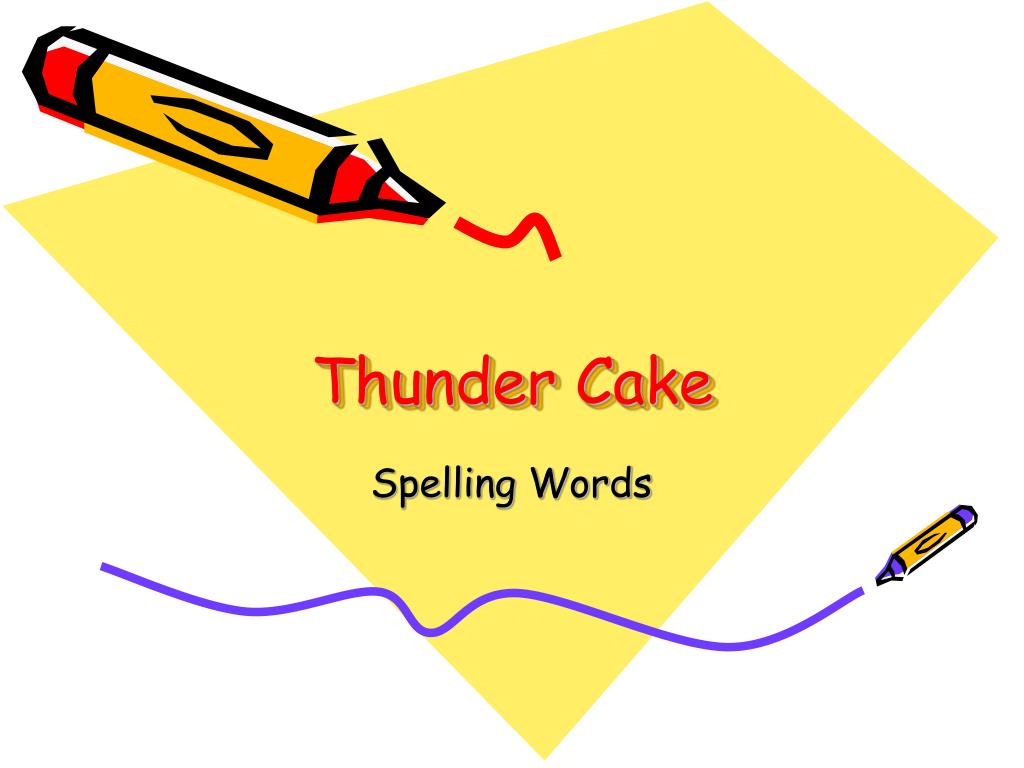 We know they’re doing a great job and will tackle those pesky silent e’s and -nd blends soon.
We know they’re doing a great job and will tackle those pesky silent e’s and -nd blends soon.
Phonetic Stage
The phonetic stage of spelling development is when your child’s letter-sound correspondence learning comes into full bloom, so to speak.
Consonant-vowel-consonant (CVC) words may become easier for them to learn and read as their foundation in phonetic spelling grows even more concrete.
They may even begin to identify groups of letters that make certain sounds when they speak. These letters are often grouped together and make common sounds in spoken language — examples include -ing, -ly, -er, sh, and so on!
When spelling non-CVC words, kids at this stage may not abide by perfect spelling rules when branching out into those phonetically irregular words. So when they want to describe a “small truck” they may end up writing about a “smol truk.”
Again, these are perfectly normal steps in your child’s ongoing spelling development and something you both should be proud of!
Transitional Stage
With their phonetic instincts strong at this point in their spelling development, your child may have increasing success with memorizing those words that just can’t be sounded out.
Rather than relying on phonology, they may begin to notice visual cues and patterns to assist them with pronunciation and word-learning. Memorization will become a handy tool to add to their arsenal.
They’ll also get some practice with synonyms — this may not be intentional practice, though. During those moments when they aren’t sure how to spell a new word, they may rely on words they’re already comfortable with!
Additionally, your child may demonstrate significant progress with hearing sounds and matching them with letters, especially when attempting to spell a word for the first time. It’s normal for them to run into hiccups. For example, they may spell “surprise” as “suprize.”
Using all of the different learning methods they’ve accumulated over the course of the other stages of spelling development will help get them where they need to go!
Correct Stage
The final stage of spelling development is the correct stage. At this point, your child fully comprehends the basic rules and patterns of English spelling.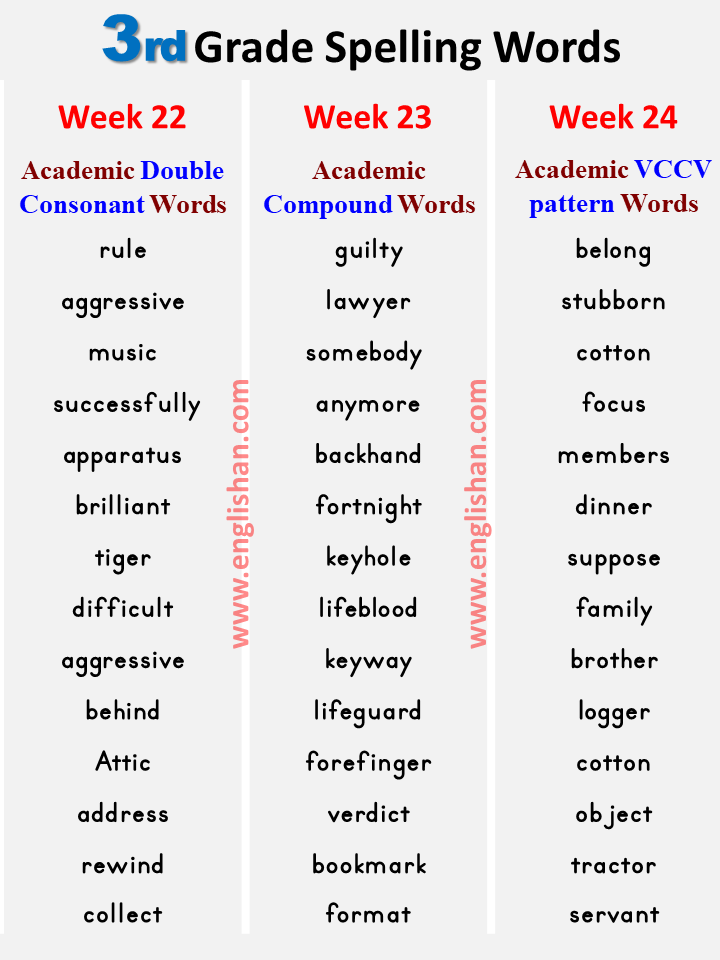
They can handle books at their reading level on their own and have a comfortable vocabulary of words that they consistently spell correctly.
More often than not, your child can correctly assume how words are spelled after hearing them read aloud. They know how to tackle silent vowels and consonants, irregularly spelled words, and other tricky spelling tasks.
They also have the power to recognize and correct their own spelling mistakes. With a larger and more advanced vocabulary, kids in this stage are more expressive, more accurate, and more entrenched in reading than ever before!
Activities For Each Stage Of Spelling Development
Precommunicative Stage Spellers
Games that encourage an interest in learning letters and letter-sounds are great for motivating your precommunicative stage speller.
Refrigerator-magnet letters are handy for young children working through this stage. You can play scavenger hunts with them or create “pits” of letters where they try to find the letter that matches the letter sound you make.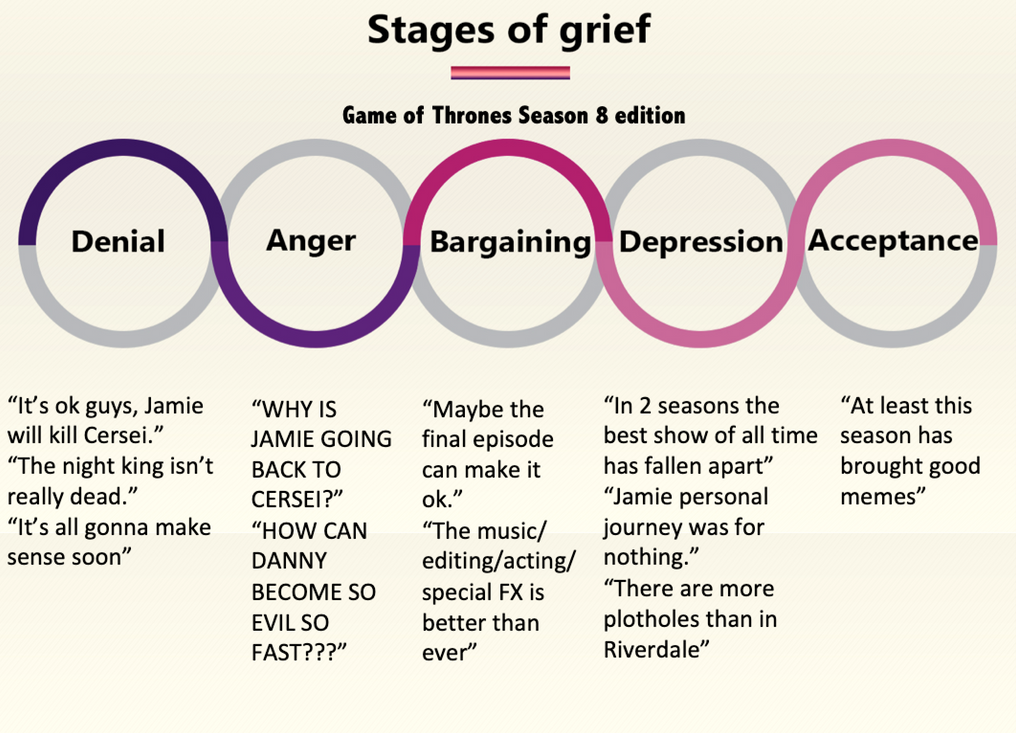
They can also “feed” letters to their stuffed animals. You can say, “Mr. Crocodile is hungry for the /k/ sound today!” and assist them with giving the animal all the Ks in their collection.
Alphabet puzzles that focus on letter-sound correspondence, singing the alphabet song, and other singalongs can also set your child up for a fun learning adventure that’s only just beginning!
Keeping lots of paper and crayons around will also encourage them to “write” and “draw” stories. If your child shows you something they just worked on, ask them to tell you about what they wrote.
Semiphonetic Stage Spellers
In this stage, you’ll continue to emphasize letter-sound correspondence activities to assist your child’s phonological skills. You can utilize the activities we mentioned above or explore some other letter-sound correspondence activities!
Phonetic Stage Spellers
Your child’s letter-sound correspondence practice will pay off as they move onto the phonetic stage of spelling.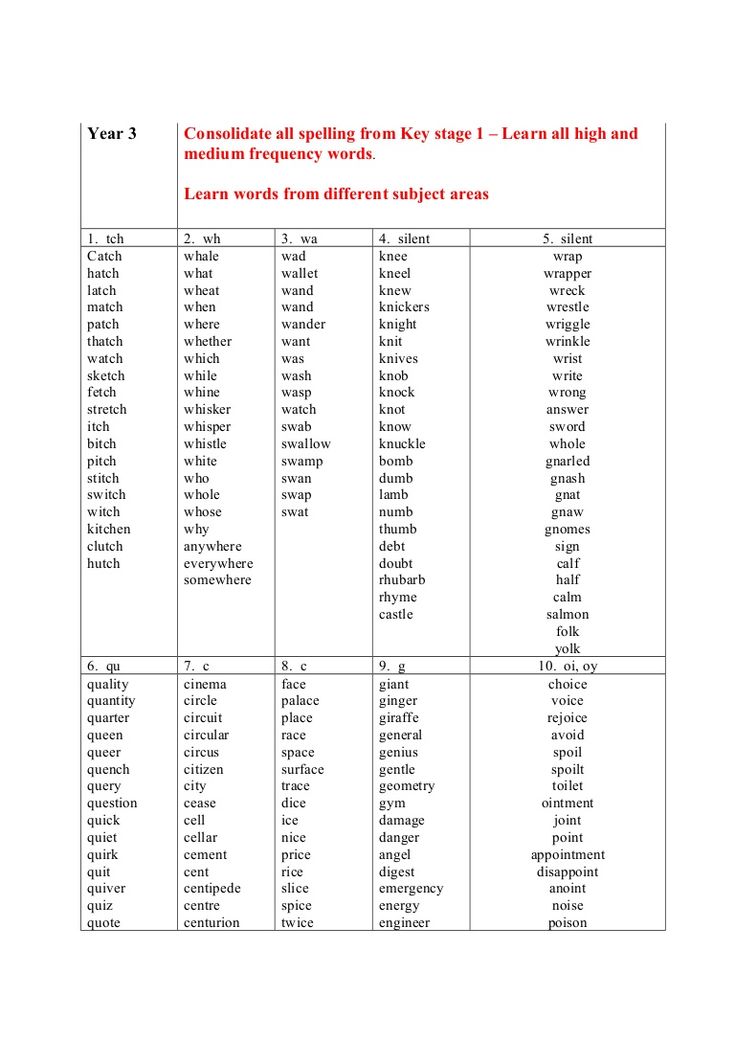
There are tons of phonics games out there — including plenty on our very own Learn & Grow app — and the most successful ones will reinforce your child’s comfort level with phonetic spelling.
Rhyming games, for example, are an excellent way to sharpen their phonics spelling skills. You can play a “wrong word” game together.
First, you’ll start by thinking of a “rhyming” sound to focus on. For our example, we’ll use the /at/ sound. Next, tell your child three words. The catch is that one of the words doesn’t fit (rhyme) and they need to find the wrong word.
You can say, “cat, bat, and mug.” Then ask your child which word doesn’t fit. They’re sure to burst into a fit of giggles for your silly rhyming mistakes!
You might take a moment to spell out the rhyming sound so your child knows how to spell the sound they’re listening for.
Transitional Stage Spellers
For transitional spellers, the games can be kicked up a notch. You can begin to explore sight word games with your child, as well as test their knowledge of the words they already know!
One idea would be to host a fake spelling bee. You can go first to showcase how it’s done. You’ll begin to spell a word for your child. If you spell it wrong, they have to yell “WRONG!” and then “steal” your turn by spelling it correctly.
You can go first to showcase how it’s done. You’ll begin to spell a word for your child. If you spell it wrong, they have to yell “WRONG!” and then “steal” your turn by spelling it correctly.
If they spell it correctly, they get a point. If they said you spelled it wrong but you were actually correct, they lose a point.
If your child doesn’t like the pressure of spelling out loud just yet, you can play a game with a ball instead. In this game, you’ll hold up two cards with alternate spellings of the same word.
Your child’s goal is to identify the correct spelling and throw the ball at that card. For every correct answer, they get a point. Don’t forget the grand prize at the end!
Correct Stage Spellers
Once your child reaches the final milestone in the stages of spelling development, you can turn to more challenging games. And there are some classic spelling games that just can’t be beaten.
For our example, we love Scrabble! It’s a celebration of spelling in and of itself! We love it for the opportunities it provides to have a blast while practicing your child’s spelling skills at the same time.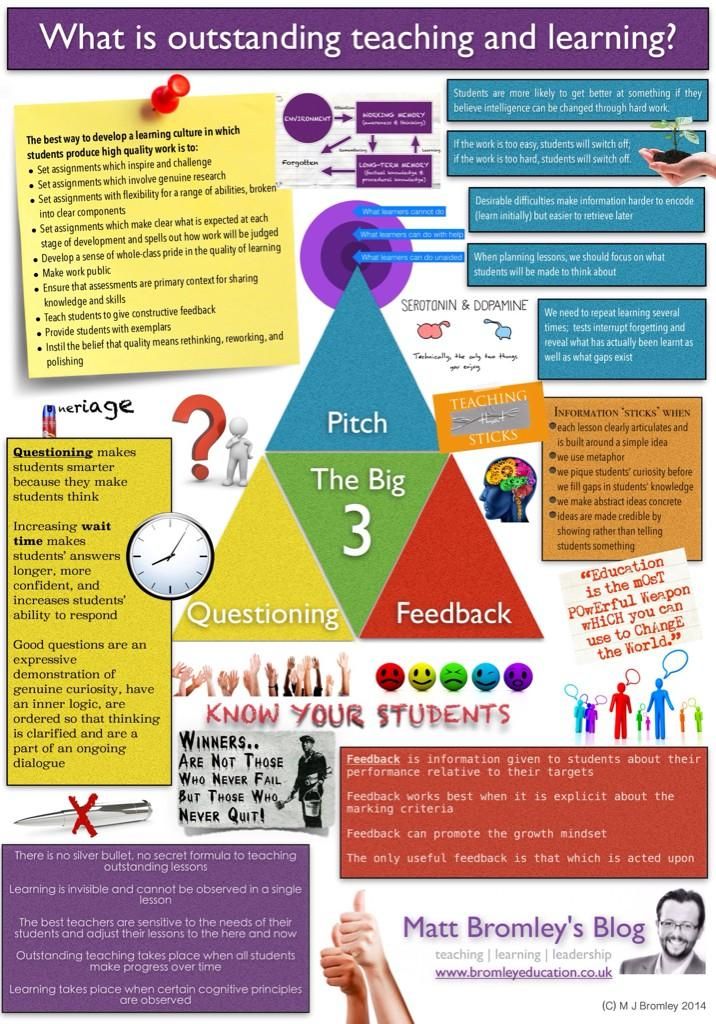
Other great games that help with spelling include Hangman, Boggle, and Bananagrams. The possibilities are endless when it comes to spelling and fun!
Mastering The Stages Of Spelling Development Takes Time
No matter what stage of spelling development your child is currently in, it takes time and patience for them to move through the different stages. But we know with lots of love and encouragement, they’ll get there before you know it.
And for those days you need a little helping hand to work with your child on their spelling development, our HOMER Learn & Grow App is ready to assist! It’s packed with personalized lessons for your child.
They’ll go at their own pace while learning how to spell — all while having a blast!
Author
| Navigation: home Random Page Feedback TOP Interesting to know Favorites Top: Arrangement and equipment of the treatment room: The procedural nurse plays a decisive role in ensuring the correct treatment of patients. The problem of the typology of scientific revolutions: Global scientific revolutions and types of scientific rationality... Evolution of the circulatory system of vertebrates: Biological evolution is an irreversible process of the historical development of wildlife... Interesting: The most common types of cancer: A cancerous tumor is an independent neoplasm that can also arise from high blood pressure ... Spread of cancer to other organs distant from the stomach: There are no characteristic symptoms of stomach cancer. Severe symptoms appear when the tumor ... Aura as an energy field: a multi-layered human aura can be imagined as... Disciplines: Automation Entrepreneurship Instrumentation Programming Production Industry Psychology Radio communication Religion Rhetoric Sociology Sport Standardization Statistics Construction Theology Technology Trade Transport Pharmacology Physics Physiology Philosophy Finance Chemistry Household Drawing Ecology Economics Electronics Energy Jurisprudence | ⇐ PreviousPage 5 of 12Next ⇒ Purpose: formation of the foundations of literate writing, connection with the formation of a system of grammatical and spelling skills. The term "grammar" is used conditionally. It accumulates various sciences - phonetics, graphics, vocabulary, word formation, grammar, i.e. morphology and syntax. Education in this section is divided into two stages: · I stage (grades 2-4) propaedeutic. "Practical grammar exercises and speech development" · Stage II (grades 5-9) "elementary systematic course of grammar and spelling". Stage I The goal is to expand the speech base of children, fill in the gaps in preschool speech development, prepare students for mastering grammar and spelling material in high school, and most importantly, to form the ability to use it in speech. Tasks: 1. To form children's initial language generalizations and cognitive interest in the language. 2. Improve the pronunciation of speech. 3. Refine, expand and activate vocabulary. 4. Learn how to correctly build and use a simple sentence in speech. 5. Teach some spelling rules. 6. Help to master coherent oral speech and the initial skills of coherent writing. Contents Grade 2. They learn to distinguish between objects and their names, perform actions on the instructions of the teacher and name them, put questions to words, differentiate the names of objects and actions. Some prepositions are introduced as separate words. They form the ability to complete a sentence, restore the broken word order. They are introduced to some spelling rules: the designation of softness in writing, the capitalization of a letter at the beginning of a sentence, the spelling of words with an unchecked unstressed vowel. 3rd class. Topics "Name of objects and actions", "pretext". They learn what the qualities of objects are and give them names, exercises in coordinating these words, trace the change in endings. Distribution of sentences on questions and changing the form of a word on a question. A large number of spelling rules: the designation of softness in the middle of a word, the combination of hissing with vowels, the use of a dividing soft sign, the spelling of voiced and deaf consonants at the end of a word, etc. 4th grade. The range of grammatical and spelling topics is expanding. They learn about the subject, predicate, get acquainted with the concept of "root" and "related words", continue to work on recognizing words denoting an object, action, quality, train in their coordination, study the spelling of proper names, voiced and deaf concordance in the middle of a word , unstressed vowels. Stage II (An elementary grammar course is being studied). The goal is to raise the level of students' speech practice through their awareness of the basic laws of the language. Grammar and spelling tasks in high school are as follows. 1. Provide students with a complete knowledge of grammar. 2. On the basis of grammatical knowledge, develop spelling skills and abilities in schoolchildren. 3. Continue work on clarifying, expanding and enhancing vocabulary. 4. Learn to use various types and types of sentences consciously. 5. Improve the ability to use coherent oral and written speech. Contents This stage presents new grammatical concepts related to the study of the grammatical features of individual groups of words or grammar categories, as well as the features of combining different groups of words at the level of phrases and sentences. They get acquainted with the basic grammatical concepts of parts of speech, but at the same time, individual categories of parts of speech are not studied. 5th grade. Acquaintance with the noun, verb, adjective, studying the main grammatical features of the noun, its spelling in the singular, consolidating information about the sound system of the language, expanding knowledge about the composition of the word. 6th grade. Word formation, development of grammatical signs of im.ess., the study of declension in the plural, acquaintance with them. append., its signs and spelling. Grade 7. Repetition of the topic of the composition of the word, generalization of knowledge about parts of speech, the introduction of the concept of "pronoun", enrichment of knowledge about the verb. 8th grade. Repetition and expansion of material. Grade 9 New grammatical categories - numerals and adverbs. "sentence".
12 topic “sounds and letters” Grade 2-4 lesson example Sound section. and letters. in 2-4kl-central, because it is necessary to form sound skills. an-a (number, sequence, number of sounds), e. be able to correlate sound with letters. and correctly call it in writing. 1. For the formation of the skill of s-letters. en-and uch-sya in 2kl zn-sya with pon-m zv. and letters., but definitions are not entered. 2. We introduce the d-th to the fact that in the PR noun 21 acc., 10 ch. letters, ъ and ь signs. 3. Define and name Ch. and acc. sounds by ear, emphasizing them in words. 4, We select the desired sound in a position convenient for highlighting, listen to how it is pronounced (with voice / noise). Example: hand: 1 sound is pronounced with voice and noise (accordingly, it is voiced), 2 according to only noise (accordingly, deaf ). When looking at other sections, the analysis is the same ⇐ Previous12345678910Next ⇒ Cross profiles of embankments and foreshore: In urban areas, bank protection is designed taking into account technical and economic requirements, but special attention is paid to aesthetic. Individual and group drinkers: for animals. Schemes and designs ... General conditions for choosing a drainage system: The drainage system is selected depending on the nature of the protected ... Organization of surface water runoff: The largest amount of moisture on the globe evaporates from the surface of the seas and oceans (88‰).. . |
RightWriting - Repertoire - Krasnoyarsk Theater for Young Spectators
Description
The performance is the result of a social laboratory together with the creative association "KultProekt". Famous playwrights Maria Zelinskaya and Vyacheslav Durnenkov spent a week working with a group of 15 children in dramaturgy (children from an orphanage, children with disabilities and students of gymnasiums), as a result of which the young authors wrote 14 plays. Children wrote on topics that were interesting to themselves - that's how they see the world. Then Aleksey Kriklyvyy (Chief Director of the Globus Theater in Novosibirsk) and Roman Feodori (Chief Director of the Krasnoyarsk Youth Theater) staged a play based on their plays.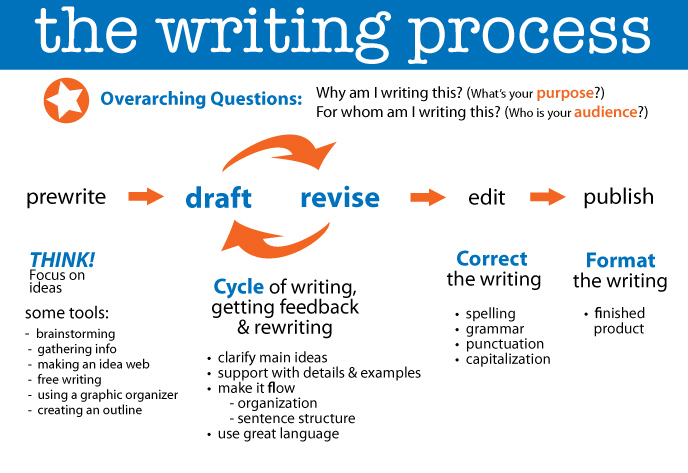
For the authors themselves, this work is a unique experience to try themselves as playwrights, and to make sure that nothing is impossible in the world. Everyone, if they really want to, can write a play, and then see it on the stage of the theater.
Team
- Honored Worker of Culture of the Krasnoyarsk Territory Roman Theodori — director
- Alexey Kriklyvy — director
Actors and performers
Press
18.02.2014
Krasnoyarsk Youth Theater once again visited famous theater critics, experts from the national theater festival "Golden Mask" and other major Russian festivals. Oleg Loevsky and Gleb Sitkovsky watched the performances of "Pravospisaniye", "Sneakers", "Estrogen" and "The Snow Queen". After watching, they discussed what they saw with the troupe of the Youth Theater.
More...
23.01.2014
The director of the Novosibirsk theater "Globus" Alexey Kriklyvy started rehearsals of the first act of the play "Pravopisanii".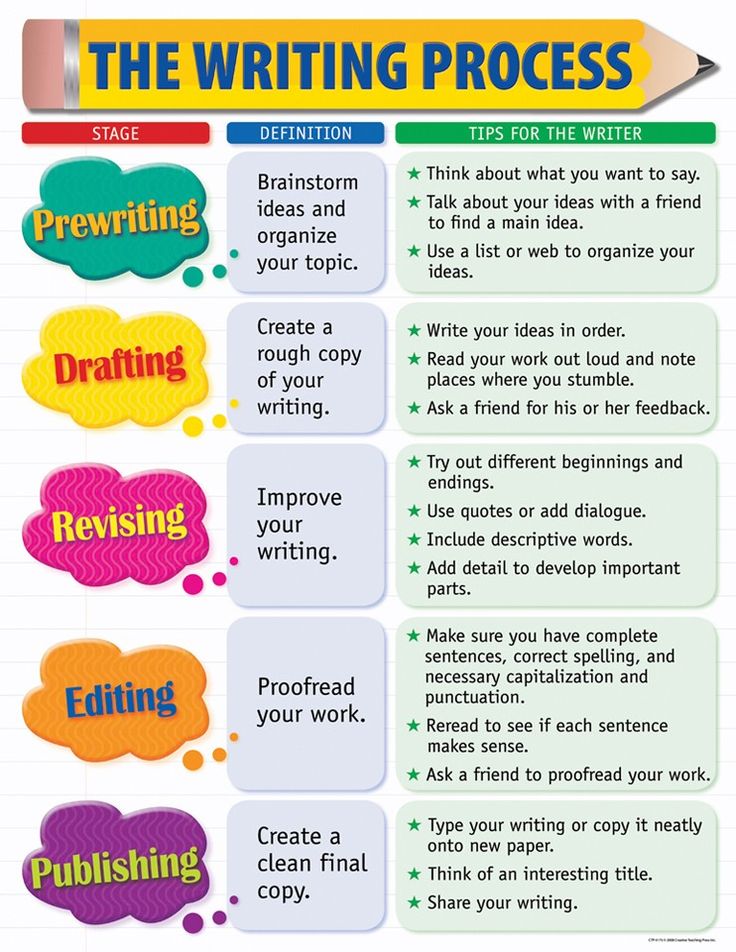 It will premiere on January 31 at 7 p.m..00 on the big stage of the Krasnoyarsk Youth Theater.
It will premiere on January 31 at 7 p.m..00 on the big stage of the Krasnoyarsk Youth Theater.
More...
05.12.2013
In November, the Krasnoyarsk Youth Theater hosted a ClassAct laboratory, where teenagers, under the guidance of playwrights Vyacheslav Durnenkov and Maria Zelinskaya, learned to write their first plays. As a result, 14 plays were born, which directors Roman Feodori, Aleksey Kriklyvyi and Oleg Rybkin presented in a performance under the general name "Pravospisaniye". According to the playwrights, who hold such laboratories not for the first time, the Krasnoyarsk ClassAct is the strongest in their memory. - Internet magazine "Krasnoyarsk Daily", December 5, 2013
More...
25.11.2013
In Krasnoyarsk, the premiere of the performance based on the plays of teenagers "Pravopisaniye" completed a unique social and creative project - the laboratory "ClassAct". Today, at a press conference, playwrights and directors spoke about the goals and objectives of the project, about the work of the laboratory and about the results achieved. - Sibnovosti.ru, 11/25/2013
- Sibnovosti.ru, 11/25/2013
More...
23.11.2013
On the twenty-fourth of November on the big stage of the Krasnoyarsk Theater for Young Spectators an unusual charity performance-sketch "Pravopisaniye" will be presented. - The newspaper "Krasnoyarsk worker", November 23, 2013
More...
20.11.2013
15 teenagers from Krasnoyarsk under the guidance of Russian playwrights wrote their own plays. The children got the opportunity to see how the idea of the performance is born and embodied on the stage. Mini-plays will be staged by professional actors led by Krasnoyarsk directors Roman Feodori, Oleg Rybkin and Alexei Kriklyvy from Novosibirsk. Thus, the participants of the unusual project hope to return the interest of teenagers to the theater. - The newspaper "Our Krasnoyarsk Territory", 20.11.13
More...
20.11.2013
November 24 at 17.00 in the Krasnoyarsk Youth Theater will be a charity event "Pravopisaniya".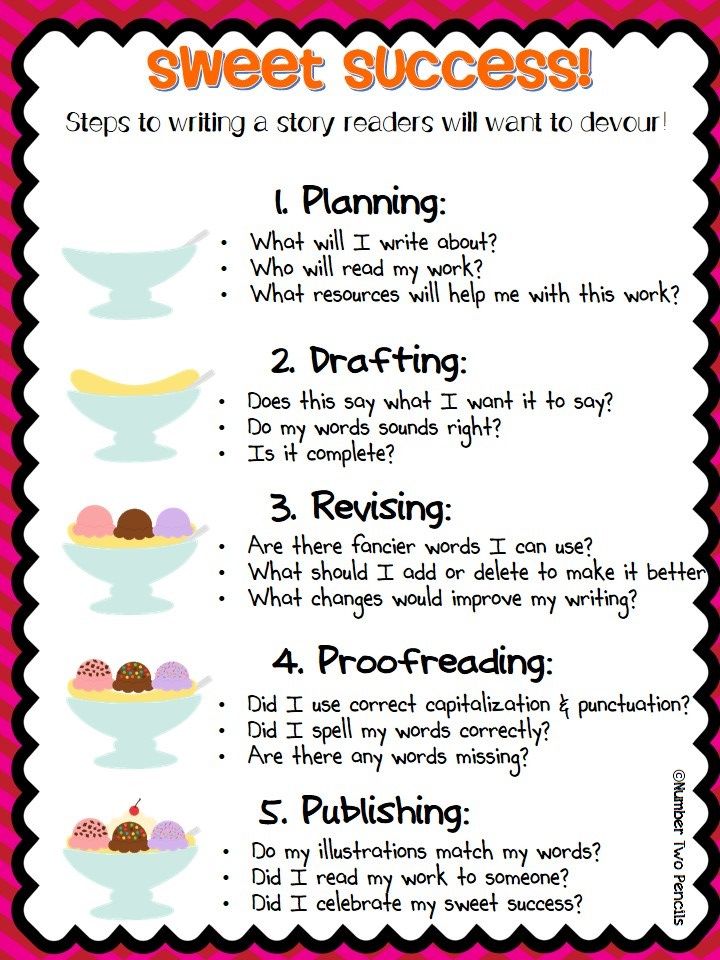 A performance of three acts will be presented on the big stage of the theater. The material for the production is 14 plays by Krasnoyarsk teenagers, written during the ClassAct drama laboratory. The performance will be occupied by the actors of the Youth Theater and the theater. Pushkin.
A performance of three acts will be presented on the big stage of the theater. The material for the production is 14 plays by Krasnoyarsk teenagers, written during the ClassAct drama laboratory. The performance will be occupied by the actors of the Youth Theater and the theater. Pushkin.
More...
20.11.2013
Listen carefully, dear readers, and then be sure to make a note in your diary with a red felt-tip pen. This coming Sunday (November 24), the most important theatrical event of the year will take place in the right-bank Youth Theatre. We are talking about the final stage of the wonderful project ClassAct - the charity performance "Pravospisaniye" with the participation of artists from the Theater for Young Spectators and the Drama Theater. Pushkin. The production will be directed by a mighty trinity - Roman Feodori, Oleg Rybkin and Alexei Kriklyvy from the Novosibirsk Academic Youth Theater "Globus". - "News Laboratory in Krasnoyarsk", November 20, 1913
More.

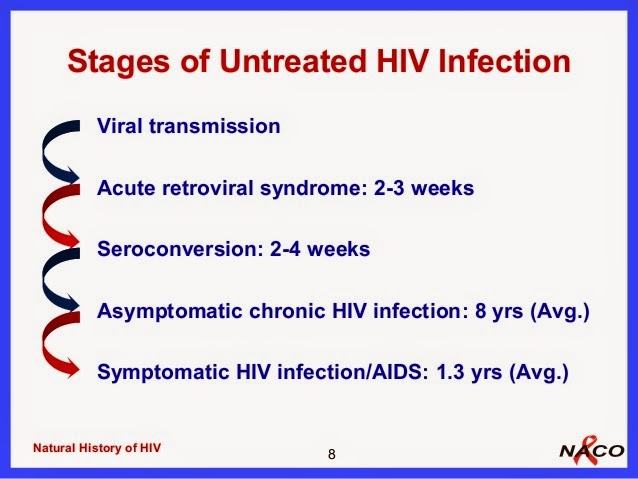 ..
.. 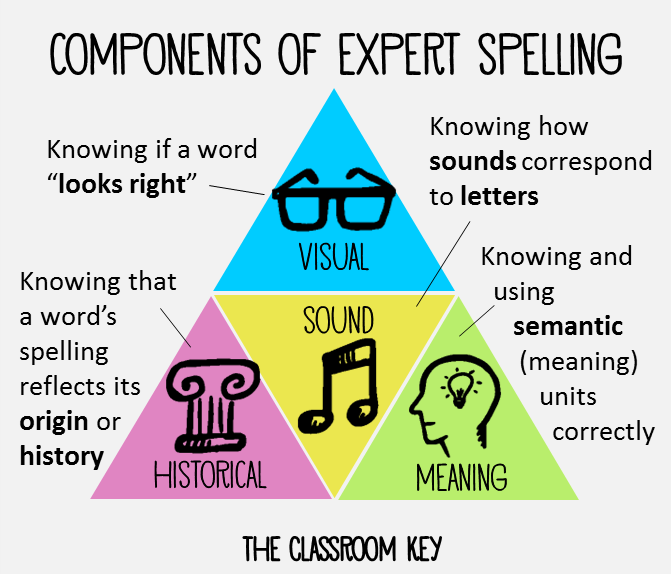
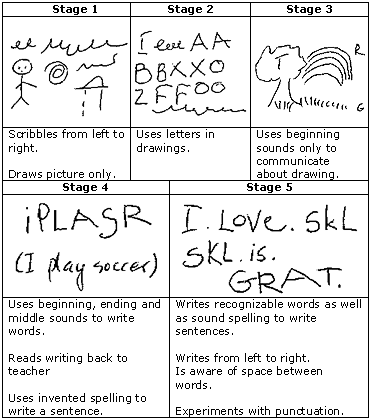
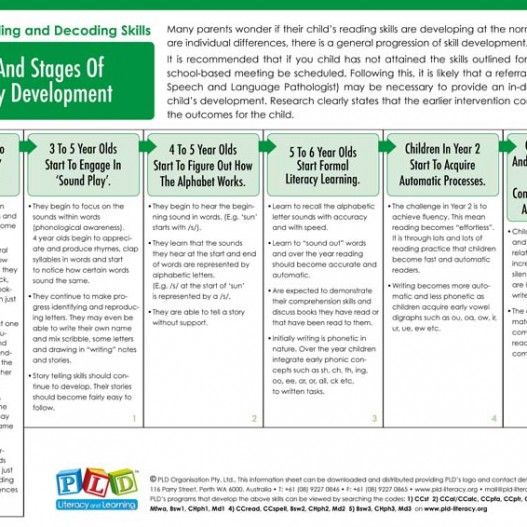
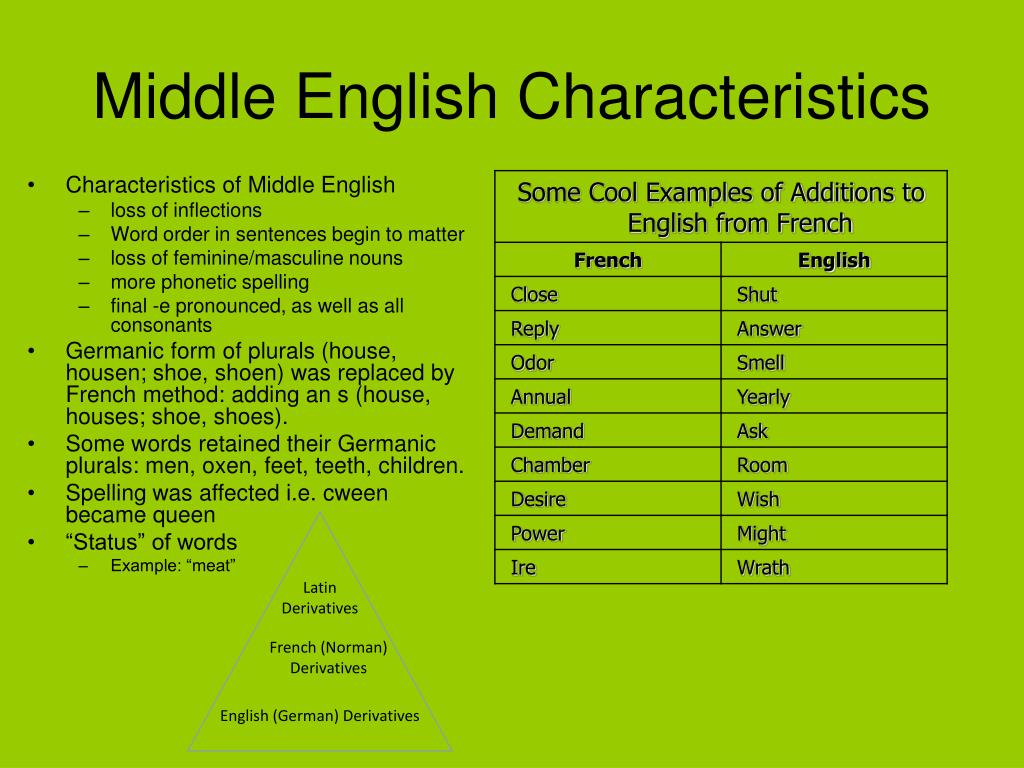
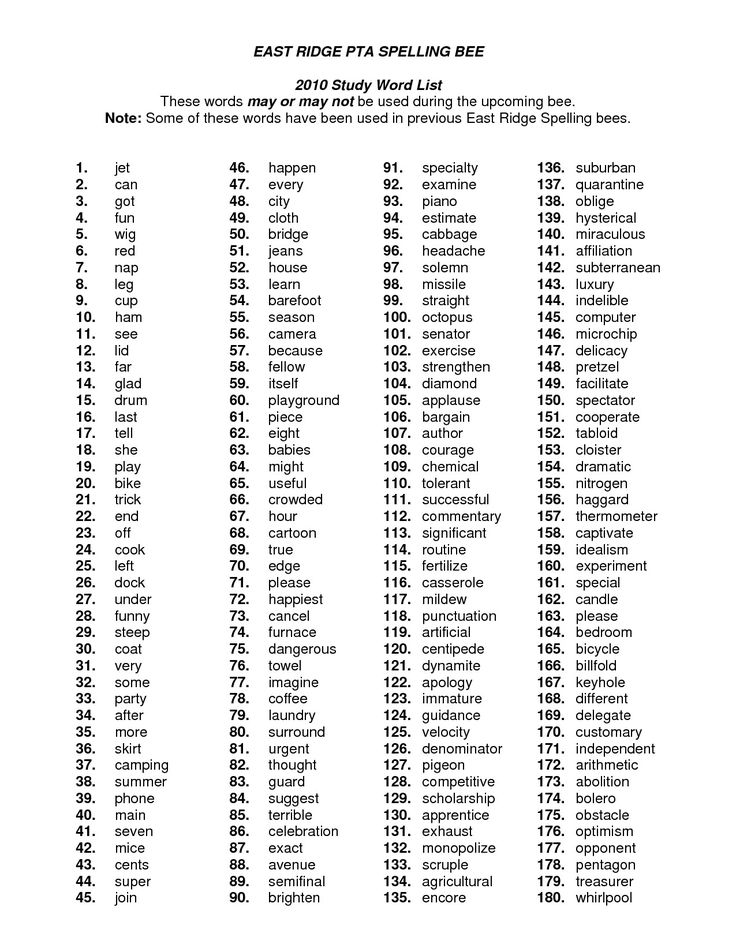
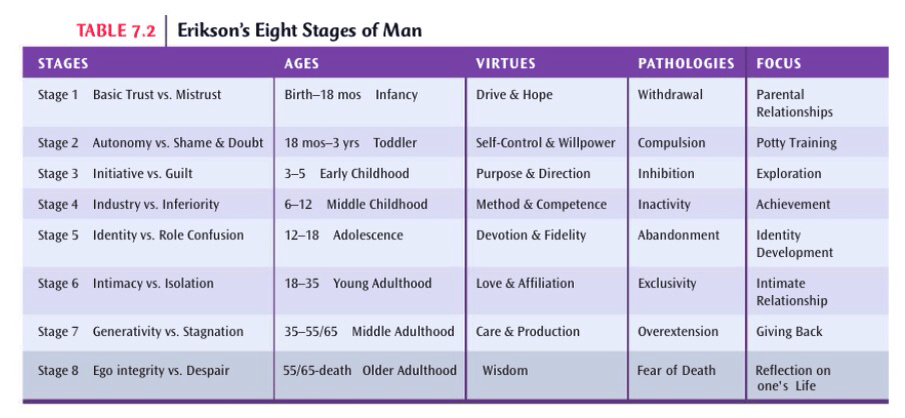 5. Reading words, the cat began with a ringing. acc., then with the deaf.-> we write out the words in 2 columns-> we introduce paired ringing. and deaf. according to Showing a card with the image of a mountain, the children pronounce this word in a whisper (bark), write the words in a line, put a letter on the typesetting canvas, designation. sv.accord. (underline 1 line), and under it the letter, designation. deaf.accord. (underline 2 lines). 6. We write 2 sentences, in each of the cat. there is a word with a missing letter. Example: fruits grow on a tree. The river floats flat ... s. first we analyze these words, if they are absent in the lexicon, show the card of the raft, the fetus. We ask the question: How can you call something that grows on a tree? After we write off and insert the missing letter. In subsequent lessons, students will study each. a couple in otd-ty, learn to diff-paired stars. and deaf.accord. in words, sentences, by ear in pronunciation. Acquaintance with tver. and soft according to 1.
5. Reading words, the cat began with a ringing. acc., then with the deaf.-> we write out the words in 2 columns-> we introduce paired ringing. and deaf. according to Showing a card with the image of a mountain, the children pronounce this word in a whisper (bark), write the words in a line, put a letter on the typesetting canvas, designation. sv.accord. (underline 1 line), and under it the letter, designation. deaf.accord. (underline 2 lines). 6. We write 2 sentences, in each of the cat. there is a word with a missing letter. Example: fruits grow on a tree. The river floats flat ... s. first we analyze these words, if they are absent in the lexicon, show the card of the raft, the fetus. We ask the question: How can you call something that grows on a tree? After we write off and insert the missing letter. In subsequent lessons, students will study each. a couple in otd-ty, learn to diff-paired stars. and deaf.accord. in words, sentences, by ear in pronunciation. Acquaintance with tver. and soft according to 1.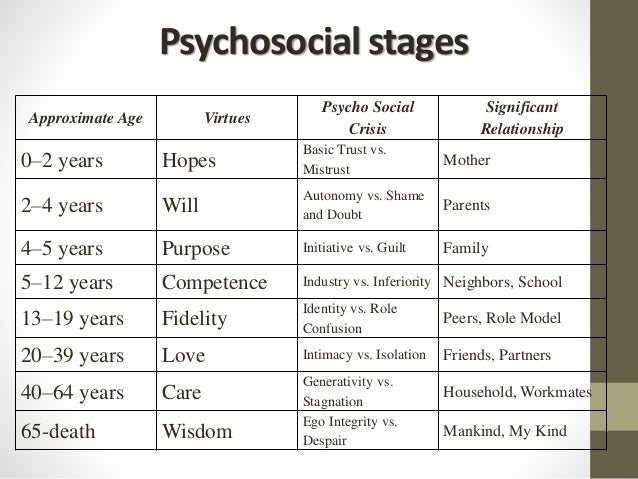 Analysis of the word by ear (bow) 2. Issue 1 according to 3. Determine what it is (hard / soft) 4. Display of a subject card with an image of the hatch, call the subject and analysis -m 5. We sign the cards, write down the words in pairs. We emphasize the vowel with 1 line, the designation is hard pro-e and the vowel with two lines, the designation is soft pro-e. 6. Pupils named voices, underlined with 2 lines “What are the names of these letters in writing?” -> softness according to 7. The teacher put these letters on the typesetting canvas 8. Students yavstav-t missed voice. The letter, depending on whether the previous acc. hard/soft 9.Students d. pronounce the word, identify the difference by ear, after identifying the letter, cat. must be inserted .. 10. Development of the designation softly. and hard. According to the sounds in the letter for each. couple of voices letters separately.
Analysis of the word by ear (bow) 2. Issue 1 according to 3. Determine what it is (hard / soft) 4. Display of a subject card with an image of the hatch, call the subject and analysis -m 5. We sign the cards, write down the words in pairs. We emphasize the vowel with 1 line, the designation is hard pro-e and the vowel with two lines, the designation is soft pro-e. 6. Pupils named voices, underlined with 2 lines “What are the names of these letters in writing?” -> softness according to 7. The teacher put these letters on the typesetting canvas 8. Students yavstav-t missed voice. The letter, depending on whether the previous acc. hard/soft 9.Students d. pronounce the word, identify the difference by ear, after identifying the letter, cat. must be inserted .. 10. Development of the designation softly. and hard. According to the sounds in the letter for each. couple of voices letters separately. 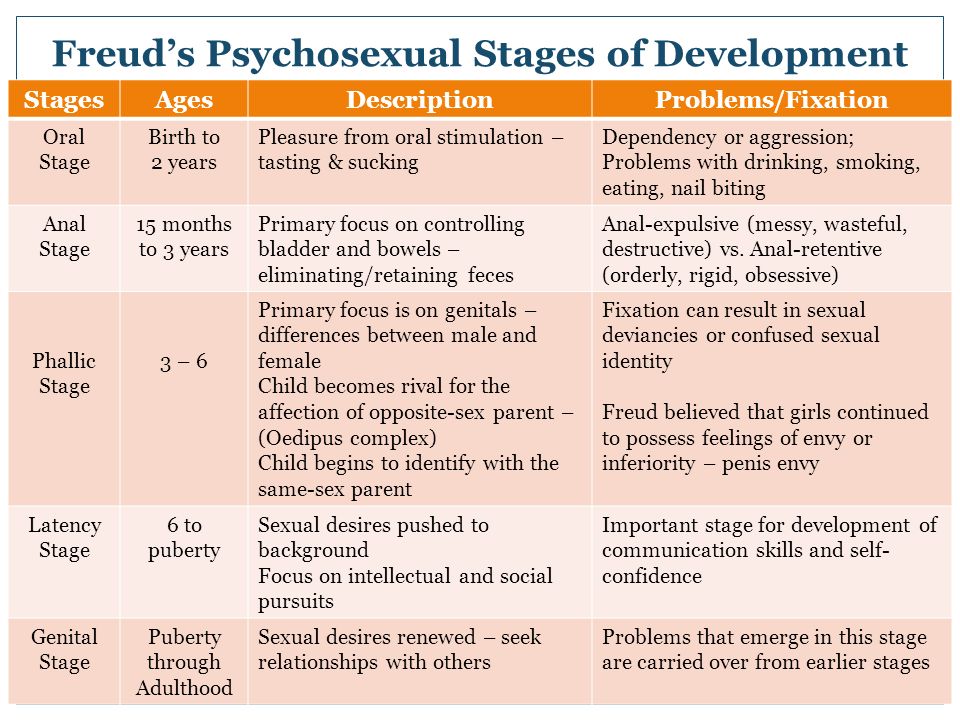 ..
.. 
